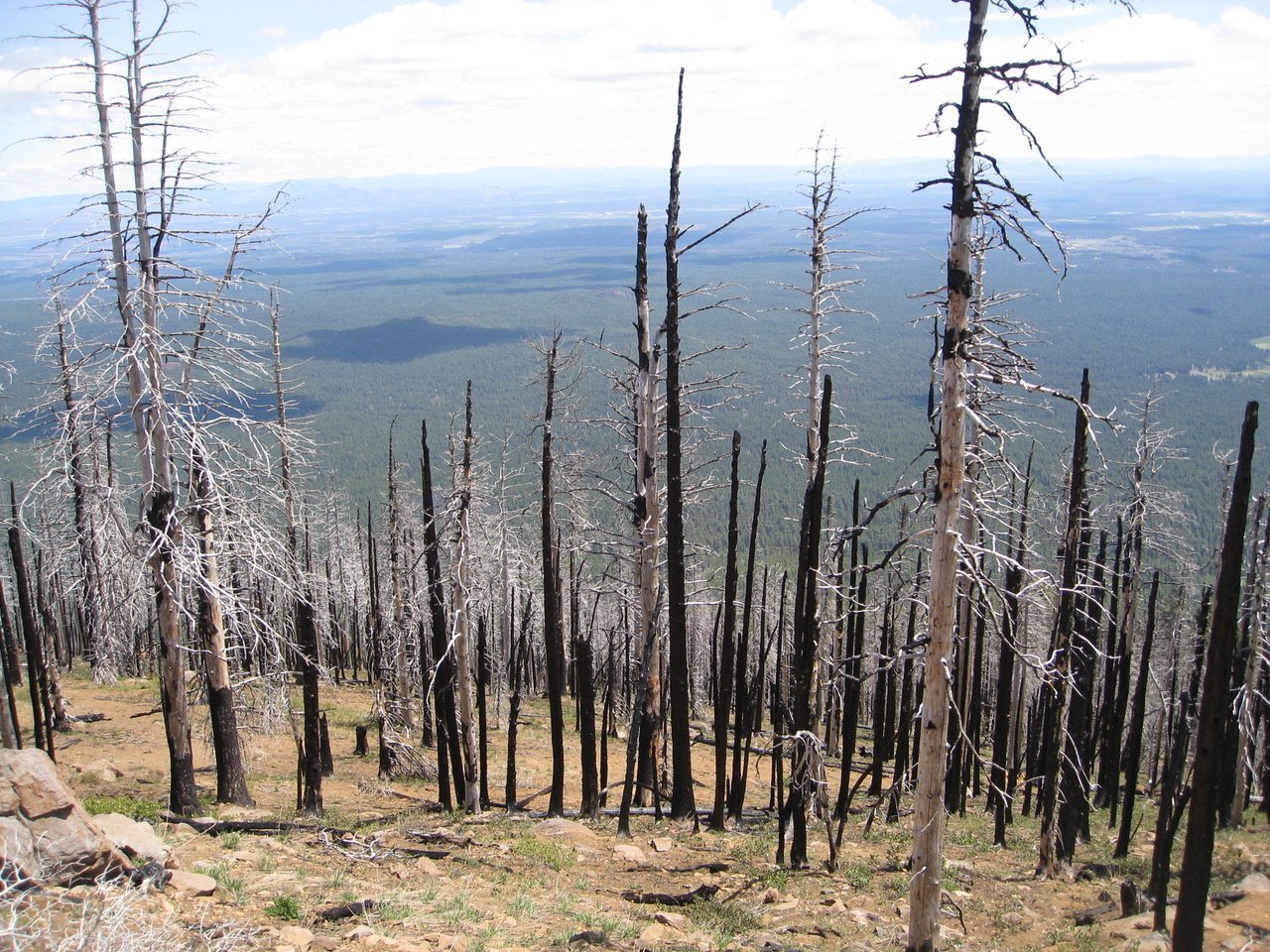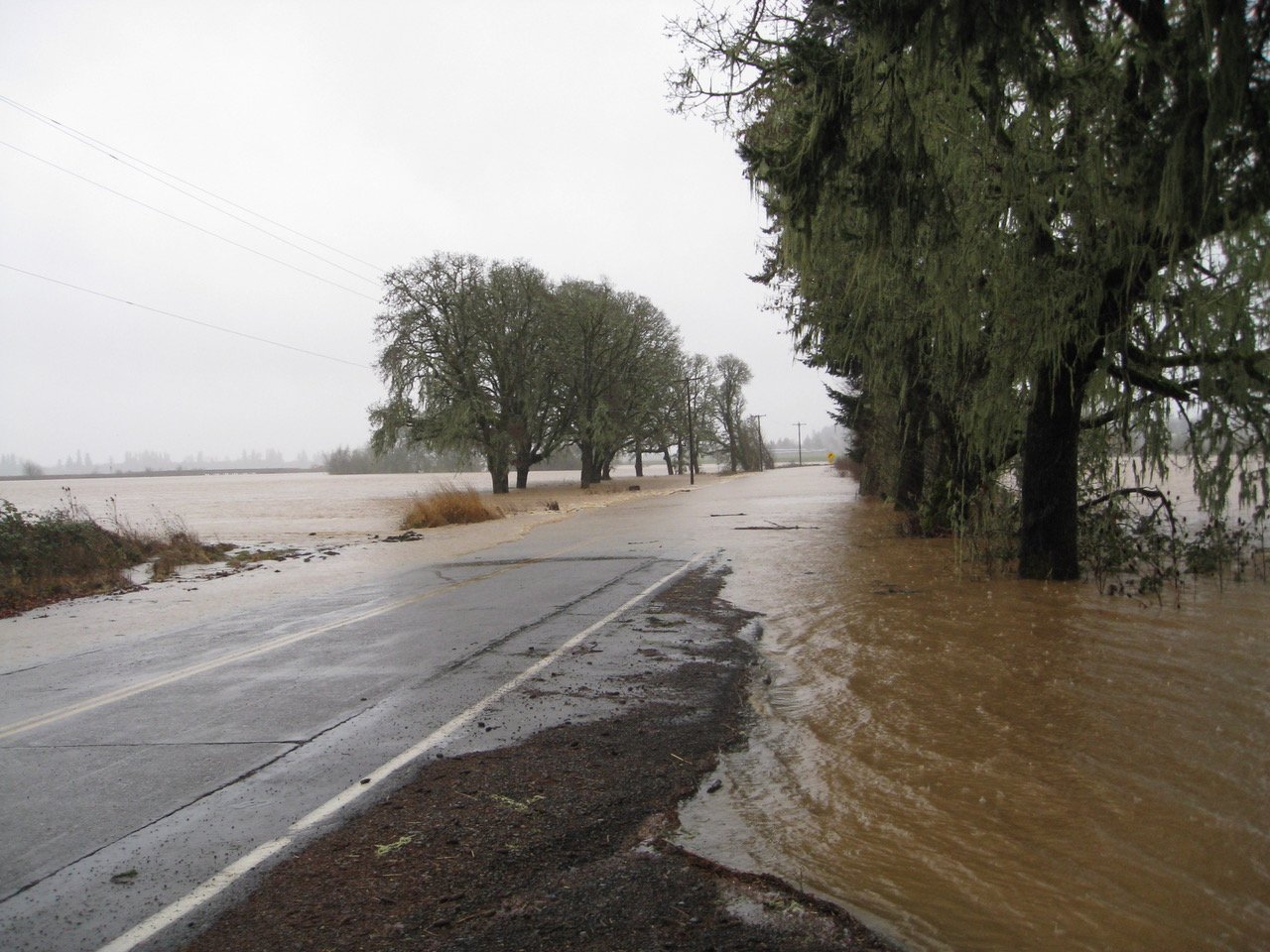Seven things we can do now to fight climate change
One thing that gets me out of bed in the morning is my belief that we know what to do to begin tackling the climate crisis, we just need to get to it!
Last month, Brad Plumer and Blacki Migliozzi wrote in the New York Times about seven things other countries or states are doing to cut greenhouse gas emissions that we can do here in the U.S. I was curious to see how these seven policies aligned with the consensus priorties I’m aware of, and I’m happy to say it’s a pretty good fit.
Here they are:
ONE: Enact an economy-wide carbon tax similar to British Columbia’s, starting low and rising over time. The consensus among climate scientists, economists, and world leaders is that a well designed carbon fee is the single most effective first step we can take to begin the transition to off fossil fuels to a clean energy economy.
TWO: Require utilities to produce all their electricity from zero-carbon sources by mid-century. New York, California, and Hawaii have passed this requirement already.
THREE: Pass agressive electric vehicle incentives like Norway has done. Plug-in vehicles now make up half of all new sales in Norway.
FOUR: Set efficency targets for cement, steel, and petrochemical industries, like China has done.
FIVE: Set energy efficiency standards for new homes and commercial buildings, like California has done. National adoption of such standards could dramatically reduce emissions from heating and cooling buildings.
SIX: Regulate to curb methane emissions from oil and gas operations, similar to Canada’s methane rules which aim to reduce emissions from oil and gas operations 40-45 percent below 2012 levels by 2025.
SEVEN: Pass legislation to phase out the use of hydrofluorocarbons, as the European Union has done. These powerful greenhouse gases are used in refrigerators and foams. The 2016 Kigali Amendment requires phasing out these fluorinated gases, but we have not yet complied.
I’ll be looking for ways to help you take action in support of these policies. If you haven’t done so, I invite you to join Power Up to get my action invitations. Because strange as it sounds, researching and sharing climate solutions is what gets me out of bed in the morning!
Why we won’t be focusing on changing your lifestyle
Power Up for Climate Solutions is here to help people take action to tackle climate change. So I’ve spent a lot of time considering this question: What are most of us not yet doing that will make a big difference?
It may surprise you to hear that every single person I’ve asked who has joined Power Up for Climate Solutions is taking steps to lower their carbon footprint—whether it’s through eating a plant-based diet, driving less, buying less, conserving energy, installing solar panels, or purchasing renewable energy. And yet, most report feeling hopeless or at least discouraged about our chances of solving the climate crisis.
I think you already know that the behavioral changes you may be making aren’t enough. Emissions are rising again, climate impacts are intensifying, and as all credible scientific reports have emphasized, we are out of time.
We know that along with lifestyle changes, we need a rapid societal and political transformation. We need to become a country (and a world) transitioning quickly away from fossil fuels and toward energy efficiency and clean energy. In order to begin this massive transformation, first we need to be talking about it—a lot.
The reason talking about climate change and climate solutions is vital is this: we humans are social animals. We are strongly influenced by our friends, family, peers, members of groups we belong to, our leaders, and our constituents. Studies have found that once 10% of a population are dedicated to a cause (such as a rapid and just transition to a clean energy economy), cues from these dedicated folks can very quickly shift the prevailing attitudes in a society, instigating unexpectedly rapid societal and political transformations. Examples include women gaining the right to vote, the civil rights movement, the fall of the Berlin Wall, the legalization of gay marriage, and the legalization of marijuana.
Polls indicate that we’ve blown well past this 10% threshold on climate change. According to the Yale Program on Climate Change Communication’s newest survey, 72% of Americans say global warming is extremely, very, or somewhat important to them, and 29% are alarmed, an 8-point increase from March 2018. However, only 8% say they often discuss global warming with friends and family. I am convinced that the most important thing we now need to do is speak up more—with our friends, families, in our communities, to our elected officials, and just whoever! (By the way, I didn’t come up with this idea–see Joe Romm’s comments here.)
I hope you will continue to make all the lifestyle changes you can to reduce your carbon footprint and transition to a clean energy economy. We will sometimes offer actions in this arena. However, most of the actions from Power Up will focus on ways to communicate with and influence those around you. They may include suggestions for talking to everyone–your sister, your electrician, your city councilor, your senator–about why you care about climate change, why we can and we must address it, and solutions that are technically and economically feasible. Because we know this is how societal transformations get started.


